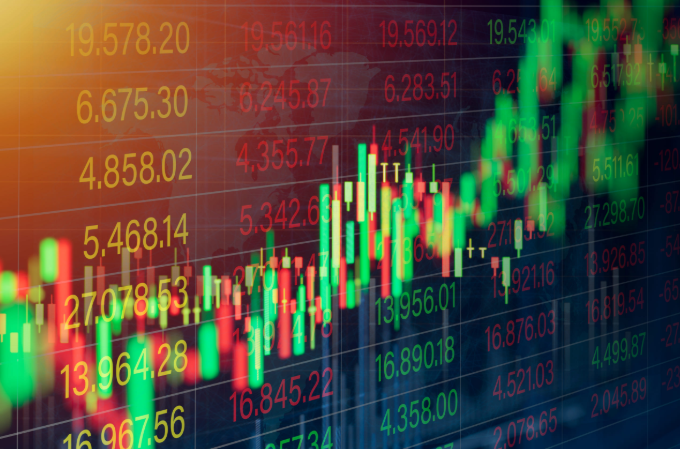Settlement Fees Lead to Debt for User of Online Brokerage Platform
A 29-year-old Singaporean man, Kong Weng Hong, claims to have lost S$15,000 after encountering unexpectedly high transaction fees while trading on Tiger Brokers.
Kong, an account manager, reported selling US$5,000 (S$6,976) worth of penny stocks listed in the U.S. in April 2022. To his shock, he was charged settlement fees amounting to US$16,000 (S$22,187), placing him in a US$11,000 (S$15,253) deficit within his trading account. He stated that he was unaware of the newly introduced fees, enforced since January 2022, and was surprised by the absence of a fee cap.
Details of the Incident
In April, Kong placed orders via Tiger Brokers to sell 5 million shares priced at US$0.001 each, resulting in a total trade value of US$5,000. Upon reviewing his account the following morning, he discovered the unexpected debt caused by a settlement fee of US$0.003 per share—three times the stock’s value.
Kong explained, “I was shocked to be put into debt due to transaction fees. I didn’t use leverage or engage in short selling. Nobody believed me when I said my debt was purely from fees.”
Fee Cap Controversy
Kong revealed that the settlement fee, introduced in January 2022, had not been explicitly communicated to users. He contrasted this with his prior trade of 500,000 shares in March 2021, where he incurred only US$22.50 in platform fees.
Tiger Brokers informed him via email that the revised rates had been announced on Dec. 27, 2021. However, Kong contended that no detailed rate table was included in the notification. He argued that the lack of a maximum cap on fees was unreasonable, particularly since fees could exceed the trade value, causing automatic losses.
Kong noted that in Australia and New Zealand, Tiger Brokers caps settlement fees at 7% of the trade value, unlike in Singapore.
Escalation and Resolution
Kong escalated his concerns to Tiger Brokers Singapore’s CEO, Eng Thiam Choon, and the Monetary Authority of Singapore (MAS). Although Tiger Brokers initially refused to waive the fees, they offered him a token S$50 stock voucher.
Following public scrutiny, Tiger Brokers announced on May 18 that settlement fees would be capped at 7% of trade value starting May 19. Affected clients, including Kong, were contacted for refunds. Kong’s revised fee for the April trade amounted to US$511.50 (S$705), and he was refunded US$15,675.50 (S$21,598).
Despite the resolution, Kong remains dissatisfied. “If I hadn’t involved MAS and the press, how many others would have suffered losses? This experience has made me question Tiger Brokers’ commitment to its customers.”








